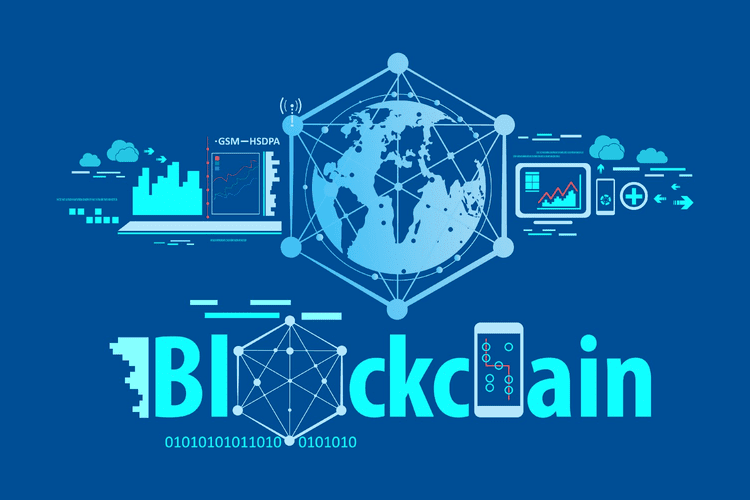How Blockchain Is Changing Ecommerce and Why Bitcoin Has Nothing to Do With It

Blockchain is considered by many to be the most significant invention since the advent of the Internet. Some even see in it the innovation that will set the vector for the development of the entire fourth industrial revolution. Today, blockchain is known mainly as a technology associated with bitcoin. But cryptocurrencies are just one of many scenarios for this algorithm. Many experts are unanimous in the opinion that humanity has not faced such a powerful and versatile technology for a long time. Blockchain has the potential to affect all sectors of the economy and change the usual understanding of the service sector of our needs in general. Already, we are witnessing how technology penetrates and transforms a wide variety of fields.
The possibilities of using this technology are immense. Leaving cryptocurrencies and financial services outside the brackets, here are the less obvious ways to use blockchain as an example. The technology is already being used as a copyright confirmation tool. With its help, digital identity cards are created that cannot be faked. It is effective for logistics and supply chain management, rational distribution of energy, creating public voting systems, etc.
But blockchain can have the greatest impact where the Internet is most strongly associated with finance — in the field of e-commerce. Just as online has changed the usual format of shopping in its time, so the blockchain can radically change the idea of eCommerce. Modern e-commerce already today does not cope well with the challenges posed by the global market. Payments, logistics management, data security issues, market transparency, and fair competition — in all of this, blockchain technology is poised to offer more efficient alternatives.
The most obvious benefits of using new technology in e-commerce are in payments. Modern translation systems, despite their efficiency, are far from perfect, and the more global the online trading market becomes, the more obvious these shortcomings. Today's payment systems, including even such exemplary examples as PayPal or Skrill, provide a commission for using their platform. On average, it is 2-3% of the cost of any transaction.
Blockchain allows for fast, secure, and cheap transfers, which has been successfully proven by projects such as Request Network or ECommerce. As such solutions spread to eCommerce, financial transactions will become cheaper, and major players in the payment system market will lose their right to a monopoly. Any e-commerce business model will be able to function with minimal transaction fees. As for security standards, there are no questions about the blockchain: the story with bitcoin has become a good test of this system's strength.
Sound organization and efficient supply management are key aspects of any activity in the trade sector. The eCommerce market, due to the dynamics of its growth, is already faced with logistical problems that are difficult to solve with the usual tools. Supply chain management is an area where the main advantages of blockchain, such as openness and the inability to manipulate data, can be most beneficial. Solutions based on this technology allow tracking deliveries at all stages of their movement. At any stage, the object can be monitored and its history can be checked.